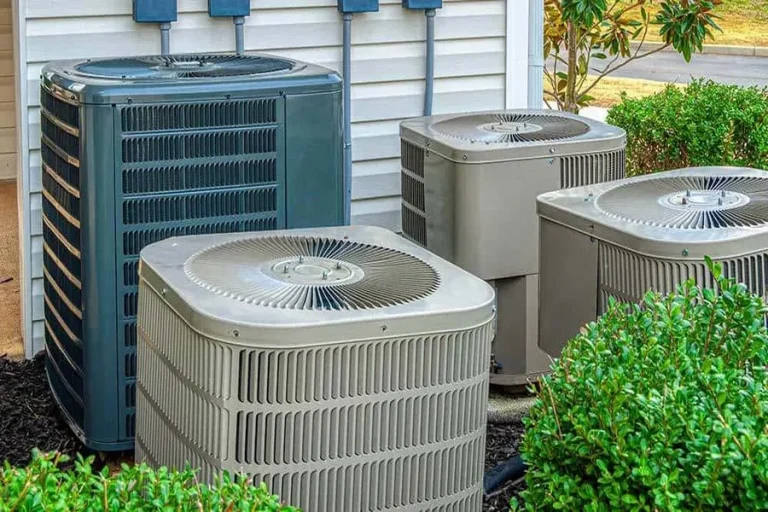Why Your Water May Be Damaging Your Home and Appliances
Water is essential for daily life, but did you know that it could be harming your home and appliances? Depending on your water quality, what seems like a harmless resource could impact your plumbing, devices, and even your wallet. Understanding how water can contribute to these issues is key to protecting your home and keeping your household running smoothly.
Hard water can wreak havoc on your home and appliances, leading to costly repairs and replacements. The high mineral content in hard water can cause scale buildup in pipes, reducing water flow and efficiency. This not only affects your plumbing system but also shortens the lifespan of appliances like dishwashers and washing machines. To mitigate these issues, it’s crucial to address the root cause by considering professional plumbing solutions. If you’re experiencing these problems, it might be time to Get quality residential plumbing in Portland, OR. Expert plumbers can assess your water quality and recommend effective treatments, ensuring your home remains in top condition and your appliances function optimally.
The Hidden Culprit Behind the Damage
The number-one issue lies in hard water. Hard water contains high levels of dissolved minerals, such as calcium and magnesium. While these minerals are not harmful to your health, they can cause significant wear and tear in your home over time.
Unfortunately, hard water isn’t rare. It affects millions of households across the U.S. and the world. But if it’s left untreated, the results can range from clogged pipes and dull surfaces to damaged appliances—a cost that adds up quickly. Thankfully, a plumbing company like those in Layton can help address hard water issues before they become costly problems.
Signs Your Water is Causing Problems
Unsure if your home is suffering the effects of hard water? Here are some telltale signs you should watch out for:
- Limescale Build-Up: Crusty, white mineral deposits on faucets, showerheads, and sinks are a clear sign of limescale caused by hard water.
- Stained Surfaces: Fixtures in bathrooms and kitchens often develop stubborn stains, which can be caused by mineral-rich water.
- Soap Scum: Hard water reacts with soap and detergents, leaving a sticky residue on dishes, shower doors, and laundry.
- Reduced Water Pressure: Over time, mineral deposits can clog pipes, restricting water flow and lowering water pressure.
- Appliance Wear: Dishwashers, washing machines, and water heaters might break down earlier than expected due to mineral deposits interfering with their internal components.
How It Impacts Appliances
Hard water isn’t just bad for plumbing—it’s tough on appliances, too. Home devices that use water consistently are particularly vulnerable to damage, resulting in costly repairs or replacements.
- Water Heaters: Mineral deposits accumulate inside water heaters, reducing energy efficiency and lifespan. A coated heating element means your heater has to work harder, using up more electricity or gas.
- Dishwashers: Hard water leaves streaks and spots on dishes, while internal build-ups can cause mechanical parts to fail prematurely.
- Washing Machines: These can develop blockages due to scaling, reducing their cleaning efficiency and leading to unexpected breakdowns.
Impact on Your Wallet
Even if the damage isn’t visible, hard water can quietly raise your household costs. For instance, appliances will consume more power to operate effectively, which increases utility bills. Add that to the cost of repairing or replacing damaged appliances, unclogging pipes, and buying additional cleaning products to combat residue, and what seems like a small issue becomes an ongoing expense.
How Can You Protect Your Home?
The good news is that you don’t have to live with the consequences of hard water. Here’s what you can do to safeguard your home and appliances from the risks outlined above:
1. Test Your Water Quality
The first step is understanding the type of water you have. You can purchase a home water testing kit or hire a professional to assess the hardness level and identify other potential contaminants.
2. Install a Water Softener
A water softener is a popular and effective solution. It removes the hardness-causing minerals, leaving your water gentler on pipes, fixtures, and appliances. This device can prolong the lifespan of your appliances and lead to noticeable savings in the long run.
3. Use Vinegar for Cleaning
White vinegar is a quick household fix for fighting limescale. Use it to clean fixtures, coffee makers, showerheads, or anywhere mineral deposits have accumulated.
4. Routine Maintenance
A regular maintenance schedule for your appliances and plumbing can help identify and prevent problems caused by water quality before they become major headaches.
5. Invest in Filters
Installing filters on faucets or showerheads can reduce mineral deposits and improve water quality for specific areas in your home.
6. Upgrade Your Detergents
Switch to water-softener-friendly detergents designed to work effectively with hard water. These products can prevent soap scum and help keep your clothes brighter and cleaner.
Conclusion
Now that you know how hard water can impact your home and appliances, it’s time to take action. By testing your water quality, investing in a water softener, and implementing simple maintenance routines, you can avoid costly damage and ensure that your household runs smoothly for years to come.







